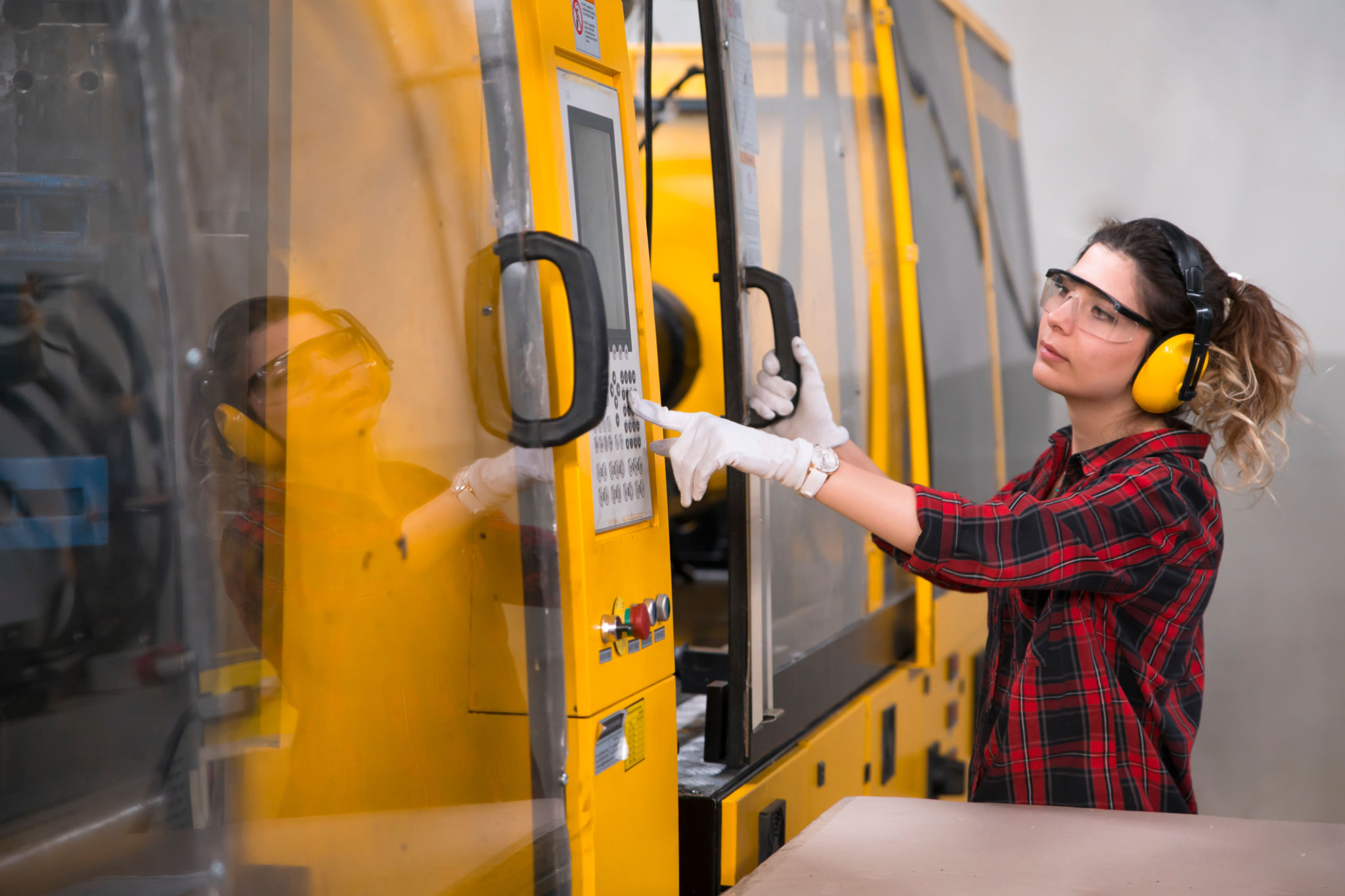The Future of Automation: Trends and Predictions for Argentina
JD
Automation is reshaping industries worldwide, and Argentina is no exception. As technology advances, the nation stands at the cusp of an automation revolution that promises to redefine its economic landscape and influence various sectors.

Current State of Automation in Argentina
Argentina has been gradually embracing automation, especially in sectors like manufacturing and agriculture. The integration of robotics and AI in these industries has led to increased productivity and efficiency. However, the adoption rate is still slower compared to more developed nations, primarily due to economic constraints and a need for more skilled labor.
One significant trend is the use of drones in agriculture. These devices help in monitoring crop health, optimizing irrigation, and reducing waste, which is crucial for a country where agriculture plays a pivotal role in the economy.
Impact on the Workforce
The rise of automation brings both opportunities and challenges for the Argentine workforce. On one hand, automation can lead to job displacement in sectors dependent on manual labor. On the other, it creates new roles requiring advanced technical skills, fostering a demand for education and training in fields like robotics and AI.

To mitigate the adverse effects, Argentina must focus on upskilling its labor force. Government initiatives and private sector partnerships are essential to provide training programs that equip workers with the necessary skills to thrive in an automated world.
Emerging Technologies
Several emerging technologies are set to influence Argentina's automation landscape. Among them, the Internet of Things (IoT) and Artificial Intelligence (AI) stand out. IoT applications in smart cities and infrastructure can lead to more efficient resource management, while AI has the potential to revolutionize sectors like healthcare and finance.
- IoT: Enhancing connectivity and monitoring systems.
- AI: Improving decision-making processes in various industries.
- Blockchain: Increasing transparency and security in transactions.

The Role of Government and Policy
The Argentine government plays a crucial role in shaping the future of automation. Policies that encourage innovation, investment, and research are vital. Additionally, regulatory frameworks must be adapted to accommodate new technologies while ensuring ethical standards and data privacy.
Public-private partnerships can also drive progress by fostering collaboration between technology firms, educational institutions, and the government to create a robust ecosystem for innovation.
Future Predictions
Looking forward, automation in Argentina is expected to grow exponentially. Key predictions include:
- A significant increase in the use of AI and machine learning across sectors.
- Greater investment in smart infrastructure and IoT solutions.
- Expansion of automation technology in traditional industries like agriculture and mining.
These advancements will position Argentina as a competitive player in the global market, driving economic growth and development.

Conclusion
The future of automation in Argentina presents both challenges and immense opportunities. By focusing on innovation, education, and strategic policy-making, the nation can harness the power of automation to fuel its economic and social progress. As technologies continue to evolve, Argentina's proactive approach will be critical to navigating this transformative era.
